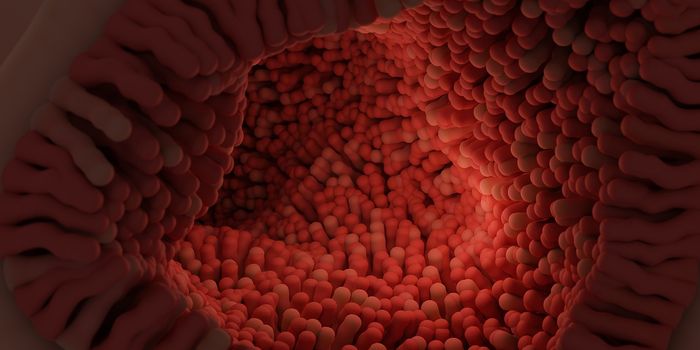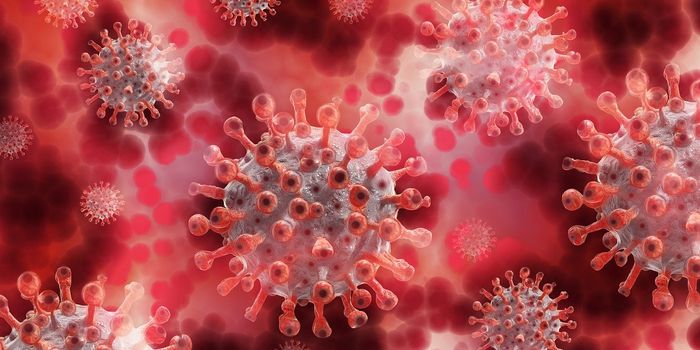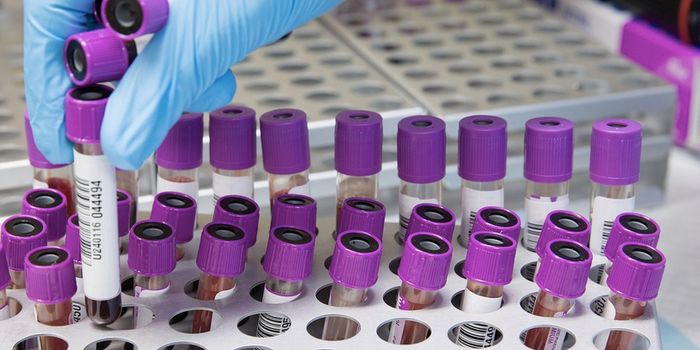Chemical in Plastic Could Impair Fetal Brain Development
Plastics are devastating the environment, and a growing body of research is pointing to how they can also negatively impact human health, potentially spiking the risk of some cancers and metabolic conditions.
Now, researchers say a chemical in plastics can pass through the placenta, possibly impacting the development of the fetal brain. The study (performed in an animal model) was conducted by Cheryl Rosenfeld and colleagues from the University of Missouri.
The placenta is an organ that plays a central role in fetal development, supplying nutrients and oxygen while shuttling away waste products. Scientists have yet to figure out the dynamics of toxic chemicals across the placenta—do they cross over to the baby, and could they lead to dangerous long-term health consequences?
Rosenfeld’s team was particularly interested in a chemical called bisphenol A (BPA), a colorless chemical commonly used to manufacture a variety of plastics and consumer goods. In 2015, four million tonnes of BPA were produced worldwide. It’s used in the lining of canned goods, in plastic wrap, soda cans, and a myriad of other products that we encounter daily.
The chemical can leach out into food and beverages and enter the body. Previous reports say that BPA has been detected in breastmilk and the systems of newborn babies, suggesting that it may be getting into the placenta.
In their study, Rosenfeld investigated how microRNAs (small fragments of RNA that influence gene expression) may be involved in the effects of BPA exposure.
“We focused on the role of microRNAs within the placenta, which are known to be key mediators in regulating cellular functions, including neural development, and the identification of certain markers for cancer,” commented Rosenfeld. The scientists found shifts in the expression patterns of 43 different microRNAs in mice that had been exposed to BPAs prior to conception. These expression patterns were strongly associated with cell pathways involved in neurogenesis and neurodevelopment.
Rosenfeld said that this discovery paves the way for future therapies that could help resist or reverse the impact of BPAs on healthy brain development.
For now, some ways of avoiding BPA contact include choosing glass bottles and food containers and minimizing the consumption of canned or packaged foods.









